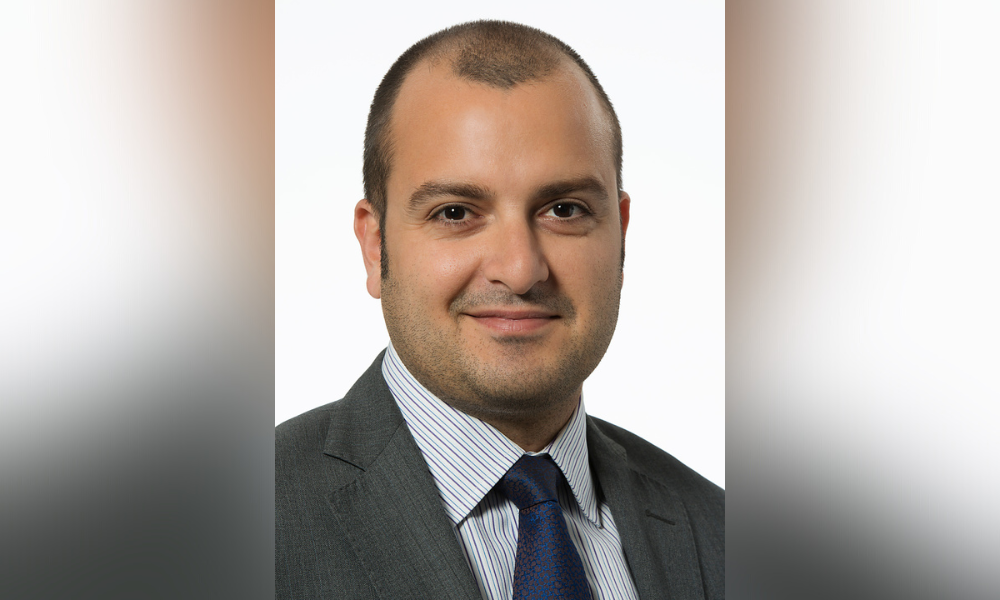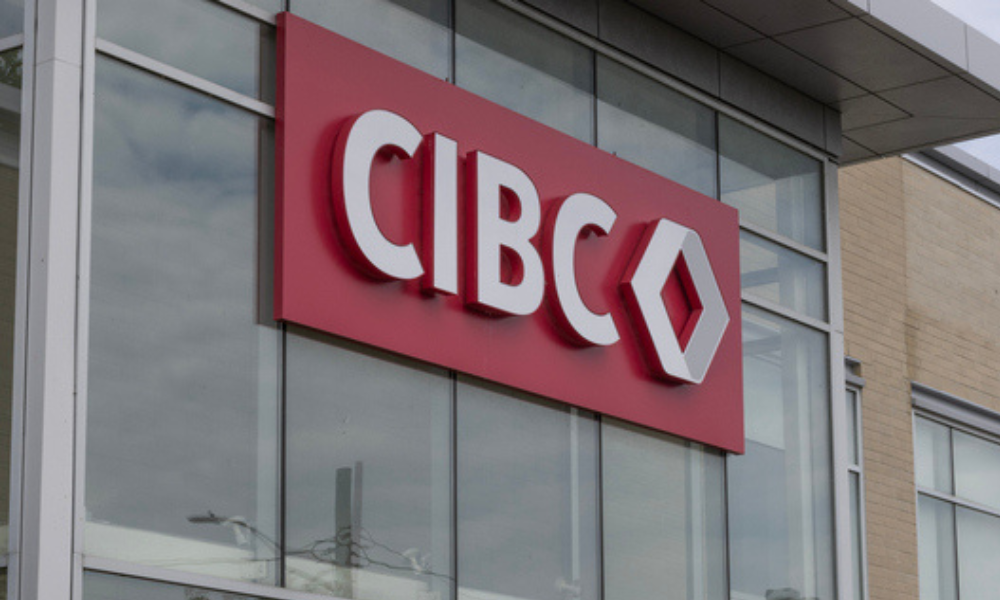Co-Chief Investment Strategist on inflation, the merits of dividend stocks, and preparing for the next bull market

This article was produced in partnership with Manulife Investment Management.
Investors who roll their eyes at the mere mention of dividends may be left to rue their ambivalence to what’s often seen as a “boring” income solution. That’s the view of Macan Nia, Co-Chief Investment Strategist at Manulife Investment Management, who pointed to the relative outperformance of high-quality dividend stocks in Canada before and during the current high inflationary period.1
Given the selloffs in equities, commodities and bonds in 2022, there have been few places to hide. All major equity indices across the world have been negative, led by the beleaguered NASDAQ. Closer to home, the S&P TSX Composite has done relatively well, driven by oil, the main performance outlier of the past few months. Fixed income has also fared poorly, with glimmers of hope found in U.S. floating rates and Canadian short-term bonds.
For advisors, inflation and rising interest rates have rattled clients, who have seen their portfolios negatively impacted and their food and gas bills soar. However, Nia remains optimistic that capital markets, over the long term, can continue to provide the return profile investors need to meet their long-term goals. He believes there are always opportunities to make money, in any environment, he added, with real assets joining dividend growers in having the ability to weather inflationary periods.
“It’s about having the ability to find those opportunities and, more importantly, considering investing in them despite what the headlines might say,” Nia said.
Embracing these opportunities and staying the course will be vital over the coming months. While a severe recession is not Manulife Capital Markets Strategy team’s base case given the strong employment figures, the team does not discount the prospect of a mild, or technical, recession, believing that most of the negativity is already priced in. Nia explained how his team splits bear markets into two camps – baby bears, which happen outside a recession, and big bears, which happen in a recession. The current ‘baby bear’ is one of seven out of 15 going back to 1950, with the average drawdown of a ‘baby bear’ 23% and that of a ‘big bear’ 37%.
So, while a recession of the depth of 2008 is not the most likely scenario, inflation in 2023 looks set to be north of 3%, bringing quality dividend payers to the fore. These companies typically remain resilient through different economic cycles, have a high percentage of recurring revenue, the ability to invest in organic growth while expanding margins, and have the chance to grow market share.
Nia said: “So many investors hear the word dividend and think income, and it's boring. But that's not necessarily the case. When you look at the total return of the S&P 500 by decades, for longer term investors, about half of that return is due to dividends.2 They shouldn't be deemed as boring because they’re so important for the total return of market.”
He added: “Since dividends have played such an important part of the total return of the market, our opinion is that dividend payers, and high-quality dividend growers in particular, can be viewed as an all-weather type of solution.
While these companies can provide returns as well as defensive positioning if markets slip further, higher yields mean fixed income is not the bleak asset class it once was, despite the short-term bond price negativity. Higher interest rates mean bond managers can now invest in high quality companies that are finally issuing bonds at attractive incomes. For portfolio managers, after years of meagre offerings, the excitement is palpable.
This optimism points to another crucial play for investors: ensuring they are prepared to participate in the next bull market.
Nia believes that for those long-term investors, now is not the time to be cute, with markets down and uncertainty high. Instead, high-quality dividend-payers can help investors weather inflationary periods, offer return potential during bear markets, and position their portfolio to participate in the next bull market.
Sponsored by Manulife Investment Management, as of July 22, 2022.
1 Source: Manulife Investment Management, Morningstar Direct, as of July 19, 2022. S&P/TSX Dividend Aristocrats Index has outperformed the S&P/TSX Composite Index on a one-year basis from July 20, 2020 to July 19, 2021 and July 20, 2021 to July 19, 2022.
2 Source: Manulife Investment Management calculations using Robert Schiller Data Library from 1909 to 1989 and Bloomberg from 1989 to December 31, 2019. It is not possible to invest in the index. Past performance is not a guarantee of future returns.
The views expressed are those of Manulife Investment Management and are subject to change as market and other conditions warrant. Information about a portfolio's holdings, asset allocation, or country diversification is historical and is no indication of future portfolio composition, which will vary. Certain research and information about specific holdings in the Fund, including any opinion, is based on various sources believed to be reliable. All overviews and commentary are for information purposes only and are not intended to provide specific financial, investment, tax, legal, accounting, or other advice and should not be relied upon in that regard. This material was prepared solely for informational purposes, does not constitute an offer or an invitation by or on behalf of Manulife Investment Management to any person to buy or sell any security and is no indication of trading intent in any fund or account managed by Manulife Investment Management.
Commissions, trailing commissions, management fees and expenses all may be associated with mutual fund investments. Please read the fund facts as well as the prospectus before investing. Mutual funds are not guaranteed, their values change frequently, and past performance may not be repeated. Manulife, Manulife Investment Management, the Stylized M Design, and Manulife Investment Management & Stylized M Design are trademarks of The Manufacturer’s Life Insurance Company and are used by it, and by its affiliates under license.



